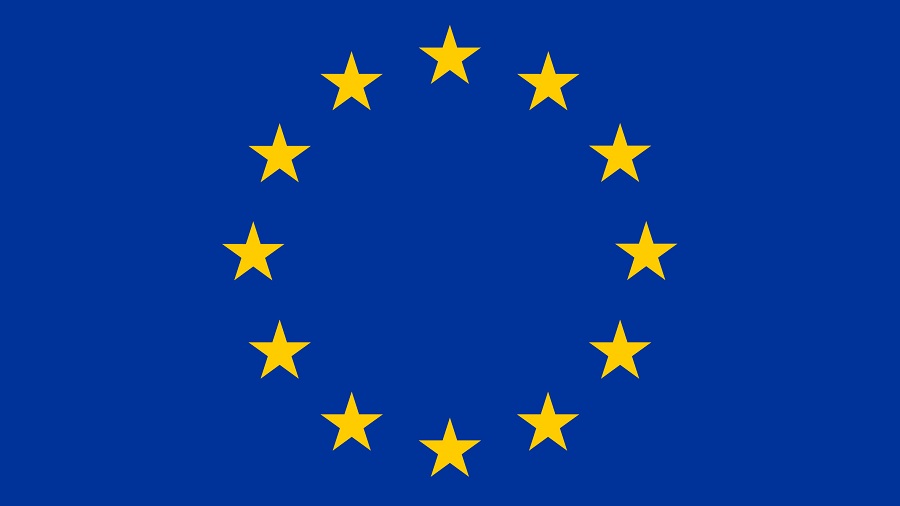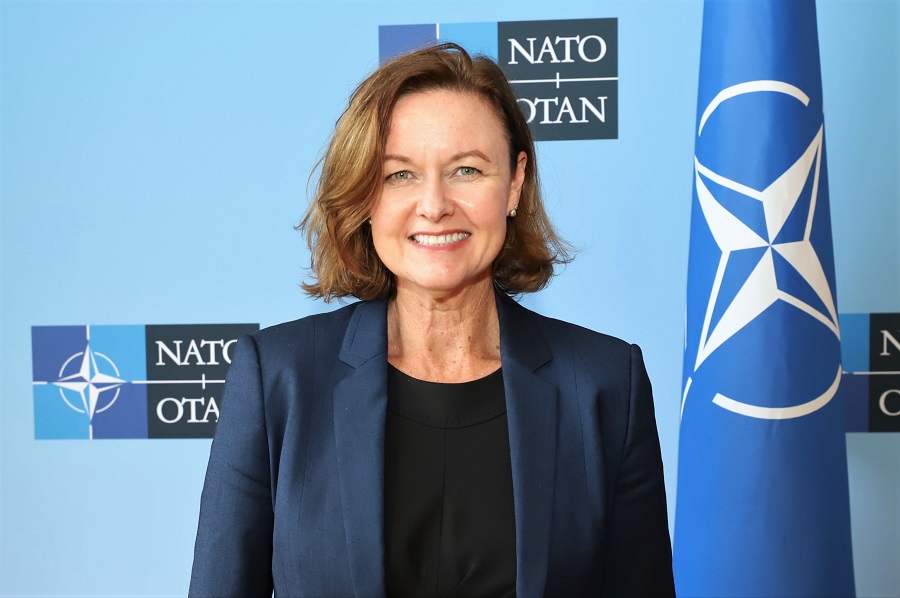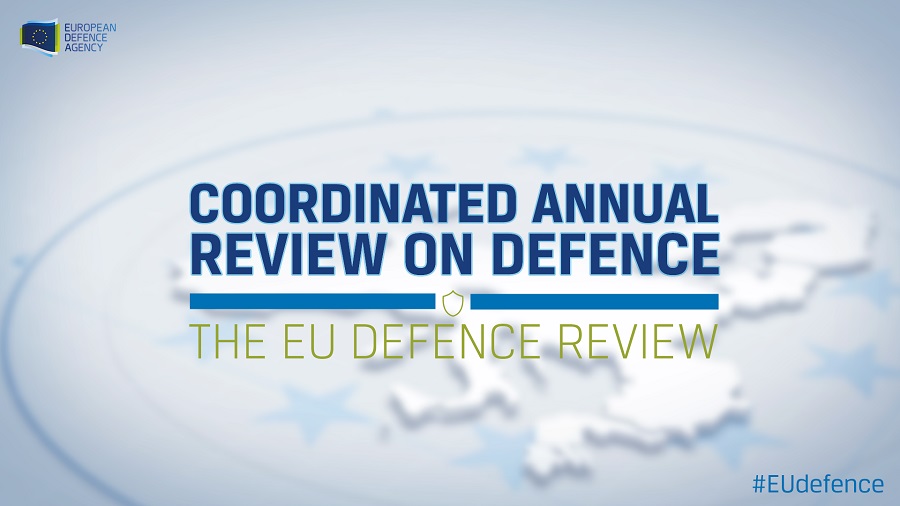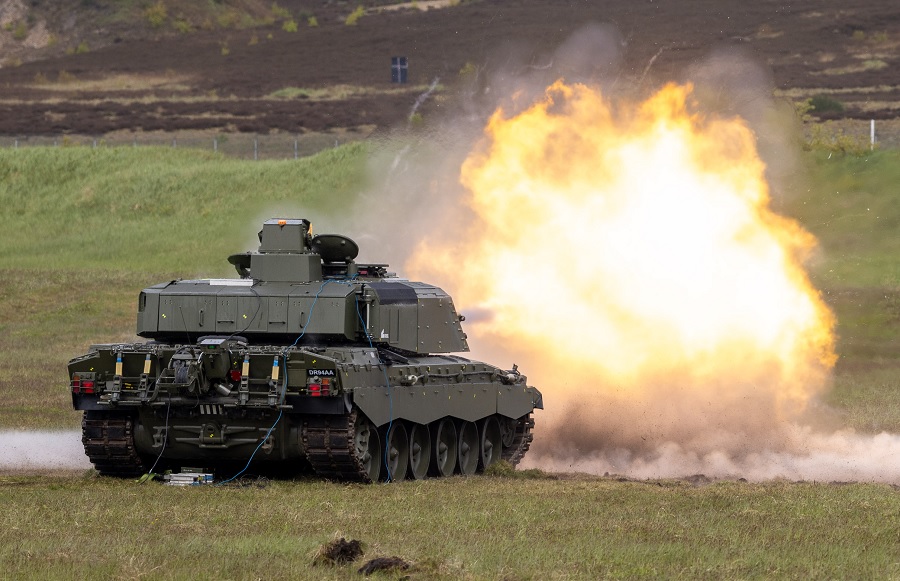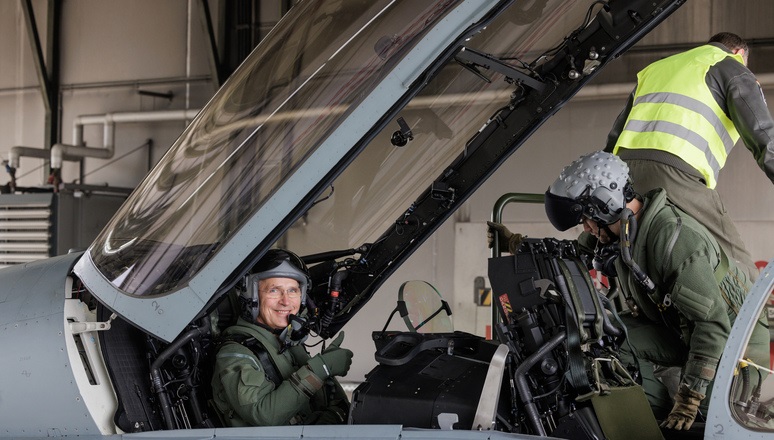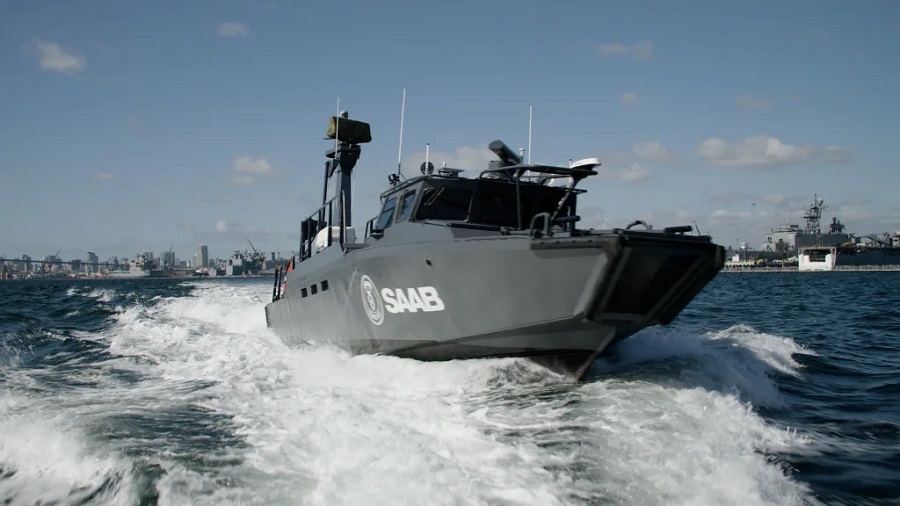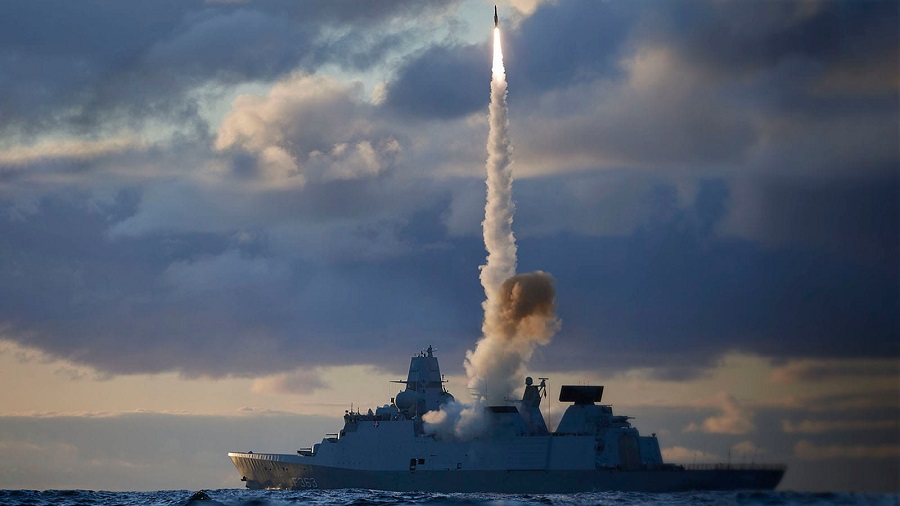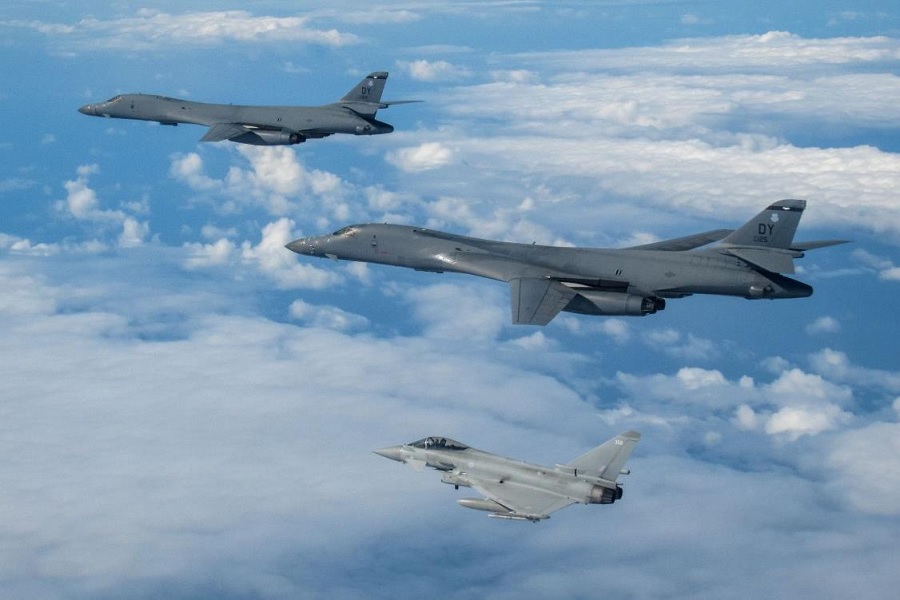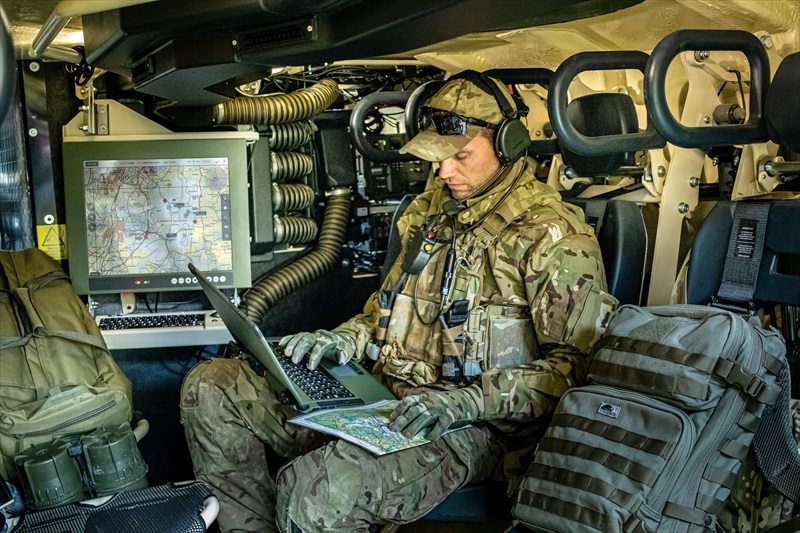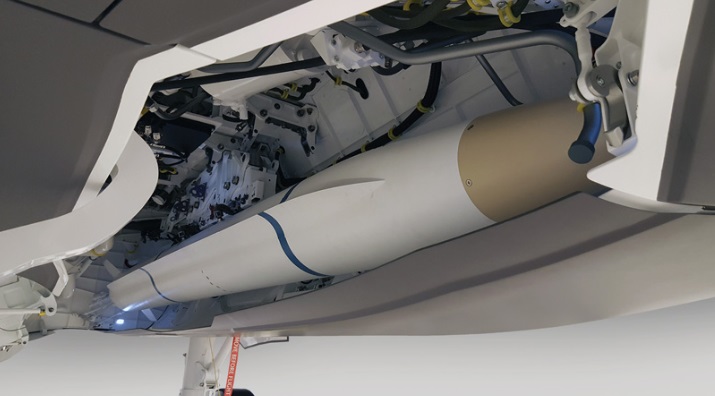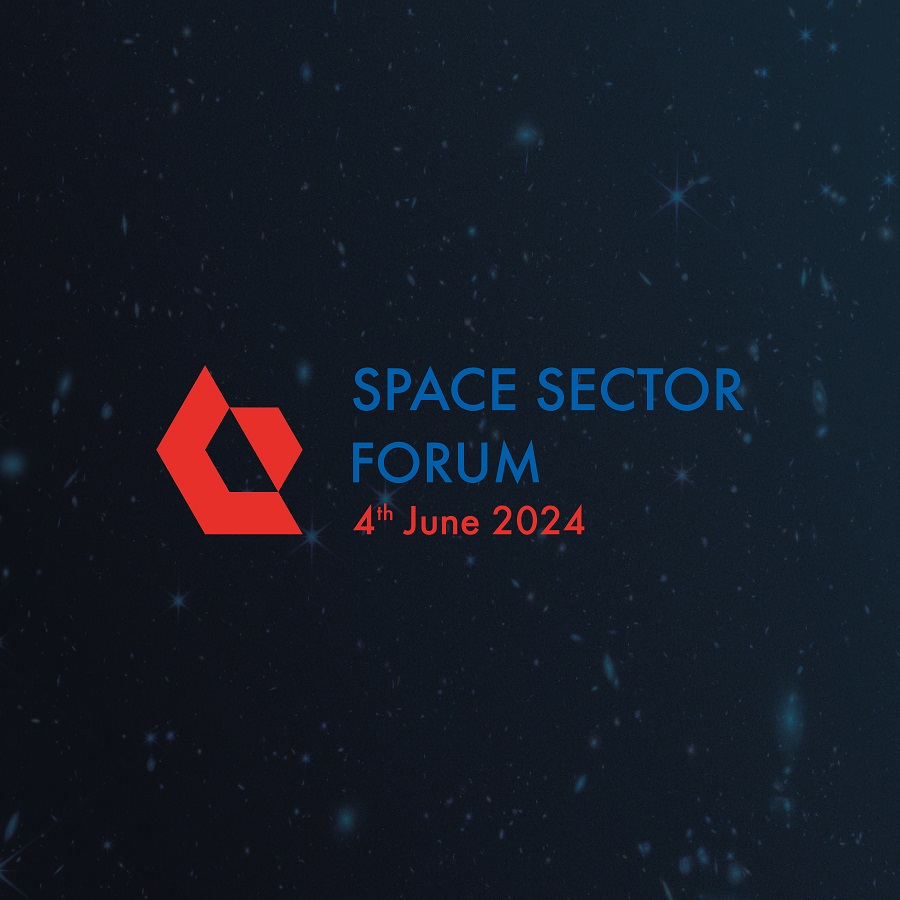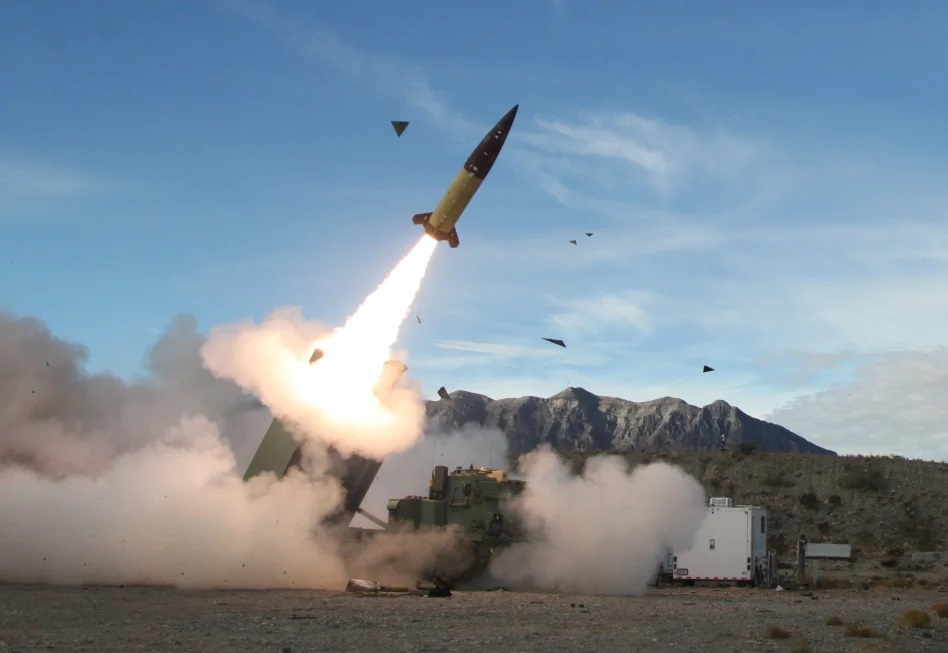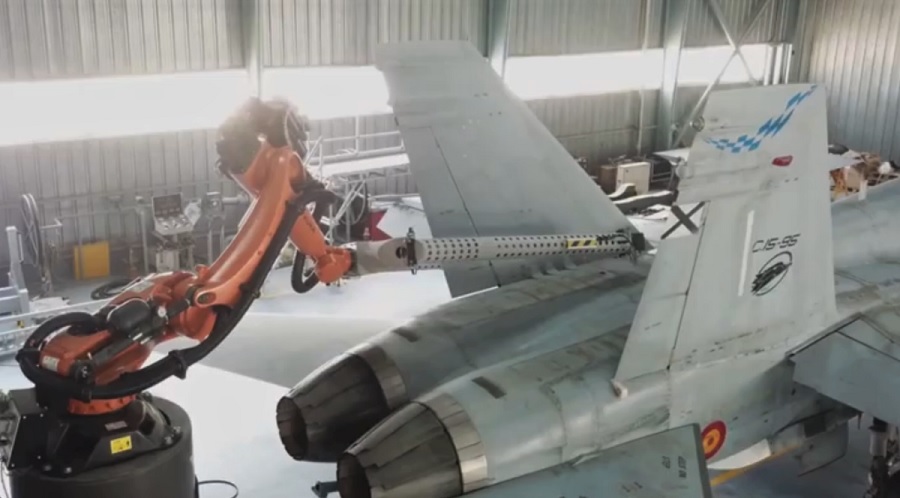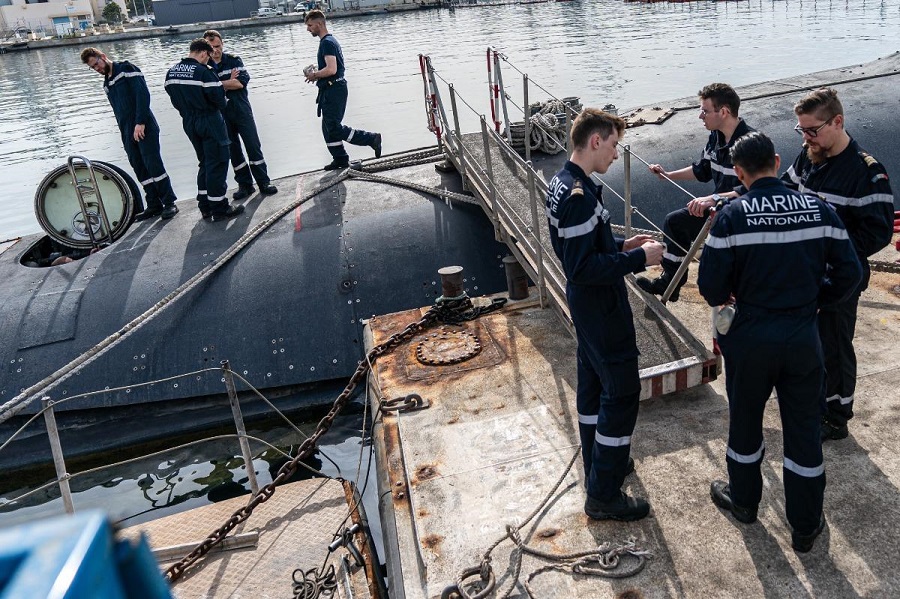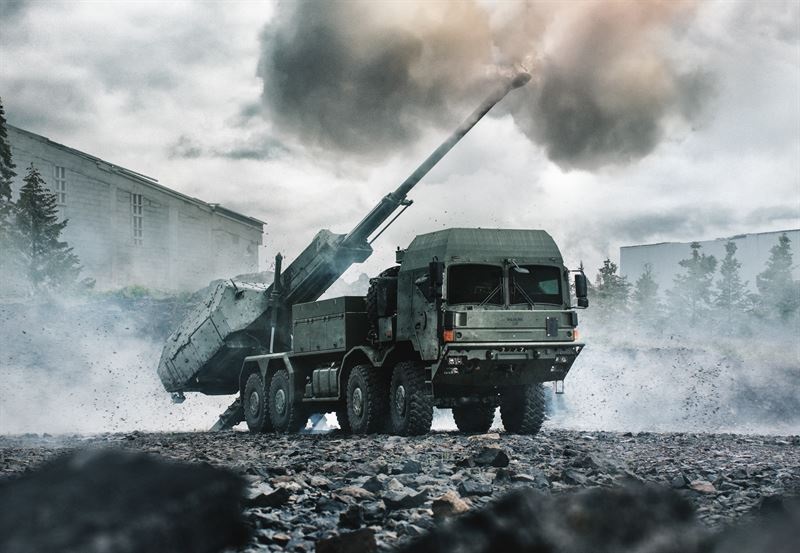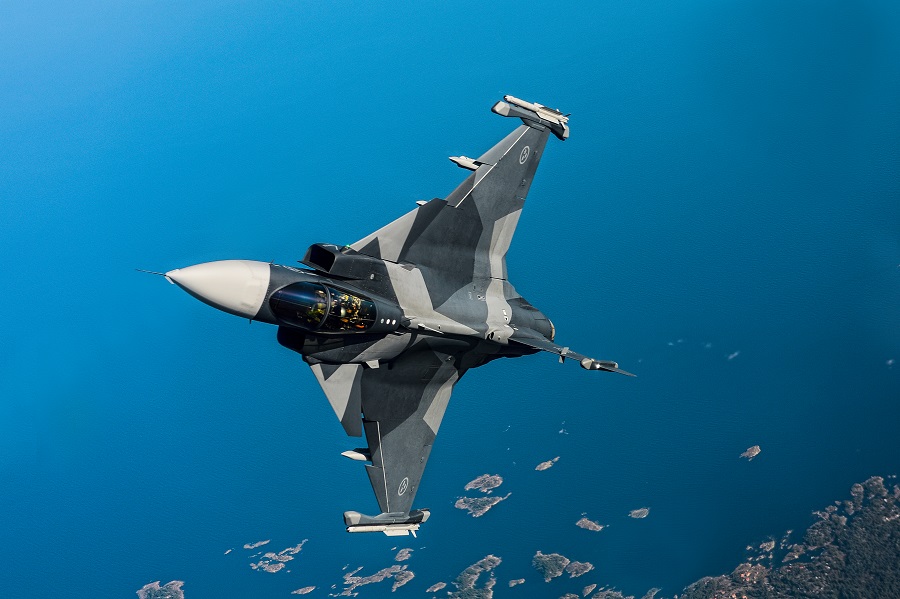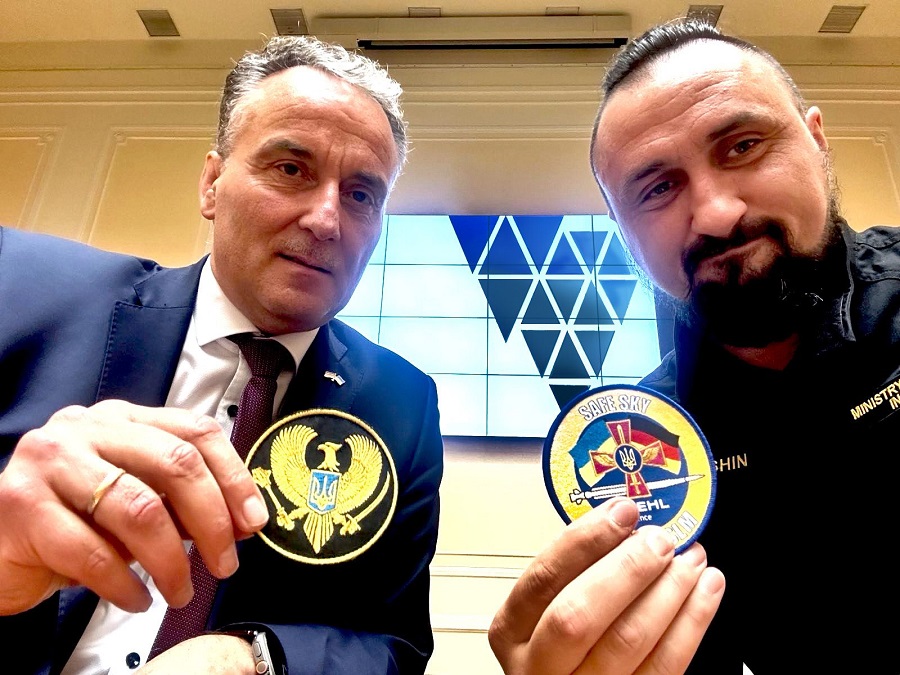“A strong and competitive defence industry is the backbone of any nation’s defence capacity. The European Defence Industry Reinforcement through common Procurement Act (EDIRPA) is one of the tools that can help companies better anticipate production capacity in order to secure essential supplies for the armed forces. The ongoing Russian aggression against Ukraine proves that only a well-armed and well-equipped army can survive in the current dynamic security environment. I am glad that the member states have reached an agreement on this”, said Jana Cernachova, Minister of Defence of the Czech Republic.
In its general approach, the Council confirmed the European Commission proposal to commit €500 million from the EU budget for the period from the entry into force of the regulation to 2024, in order to incentivise actions addressing the most urgent and critical defence product needs. These actions must be carried out by a consortium of at least three member states.
The Council’s general approach ensures that EU funds will only finance those actions of common procurement in which the cost of components originating in the EU and its associated countries is at least 70%. The general approach also sets a number of clear conditions for contractors, sub-contractors and defence products to be eligible, all with a view to strengthening the competitiveness of the European Defence Technological and Industrial Base.
In order for EDIRPA to be able to address short-term pressing needs in a flexible manner, the Council position takes into account a spread of existing defence industry cooperation within the transatlantic context and with other like-minded democratic countries respectively.
Background and next steps
At their informal meeting in Versailles on 11 March 2022, EU Heads of State or Government committed to bolstering European defence capabilities in light of the new geopolitical context, which is marked by growing instability, strategic competition and increased security threats, including the Russian war of aggression against Ukraine. The latter made it even clearer that it is critical to address existing shortfalls without delay.
The Versailles declaration notably stated that member states should substantially increase defence expenditures, further develop collaborative investments in joint projects and the joint procurement of defence capabilities, boost innovation, and strengthen and develop the EU defence industry, including SMEs.
On 18 May 2022 the European Commission and the High Representative presented a Joint Communication on the Defence Investment Gaps Analysis and Way Forward.
According to EDA Defence Data for 2020, EU Member States invested only €4.1bn in collaborative defence equipment procurement (11% of their total spending), a 13% decrease compared to 2019. The joint communication stressed that member states’ underinvestment in defence expenditure had led to industrial and capability gaps in the EU and to the particularly low levels of defence equipment stocks.
Now that the Council has reached a general approach, negotiations with the European Parliament in the framework of the ordinary legislative procedure may begin as soon as the latter has adopted its position.


